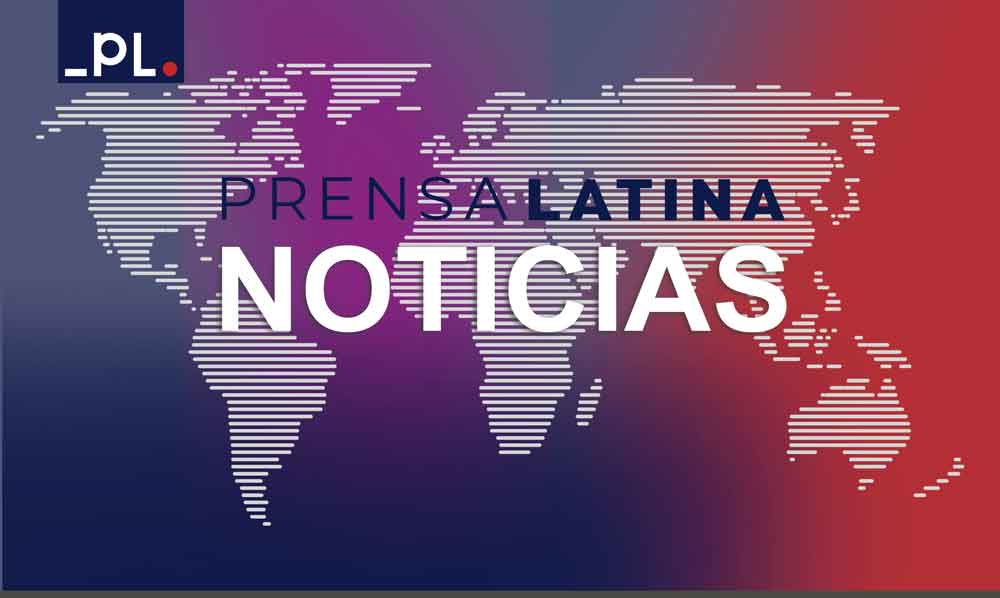By Yosbel Bullain
Chief correspondent in Nicaragua
With the return of the government of President Daniel Ortega in 2007, the authorities resumed some of the initiatives implemented in the sector in the 1980s.
Thus, here they began to develop the family and community model with which the revolution turned neoliberalism’s commodified health into a universal human right.
According to Nicaraguan MP Carlos Emilio López, the Ministry of Health (Minsa) has created a structured system that ensures comprehensive coverage of prevention, care and rehabilitation programs.
López added that this system has changed radically since there was disregard for people’s life and health in the days of neoliberalism, but now “it’s a priority for the President as 22 percent of the total budget goes to the health sector are.”
“These resources were used to build new healthcare infrastructure and rehabilitate the existing ones such as hospitals, maternity homes, laboratories, clinics and specialty centers,” he explained.
The government initiative enabled the development of basic indicators such as maternal and child mortality, which, according to official figures, are now down by 50 percent compared to 2006.
Concrete achievements
Nicaraguan Health Minister Martha Reyes highlighted the development of the health model promoted by the Sandinista Executive, which establishes closer contact with the community and guarantees prevention against 17 diseases.
According to the headline, Nicaragua currently has the largest and most modern hospital network in the region (75), it also has 5,630 community homebases (offices) and 2,765 sectors with one doctor and two nurses serving a large number of urban residents and rural areas.
In addition, there are 181 maternity homes in the country that guarantee ongoing care for pregnant women, and through the My Hospital in My Community strategy and Mobile Clinics program, the authorities are achieving patient care with around 1,200 weekly health fairs.
Another fundamental advance is the Maternal-Fetal Health Program, the aim of which is to detect intrauterine abnormalities, a process that Nicaragua is leading by successfully performing more than 100 surgeries of this type.
“In this matter, our country is far advanced, Central America does not have it, we are one of the few developing this process, which is a government priority,” said the minister.
Reyes alluded to Operation Miracle, an eye care program conducted here in 2007 by Cuban specialists that has restored the sight of more than 320,000 people, mostly older adults.
According to the authorities, the development of human resources, as well as the use of high technology, are also crucial in achieving free and quality medical care.
From 13 existing specialties in 2006, the country now has seven more, making a total of 20, while nearly three thousand new professionals have been trained in various fields.
VACCINES FOR BETTER HEALTH
The vaccination process in this Central American country was not very developed during the years of neoliberal governments, since only those who paid were covered, while the rest of the sick population was simply not covered.
It was from 2007 that the government, via Minsa, began introducing a number of important vaccines here that did not previously exist in the country, such as pneumococcus, rotavirus and influenza, and since 2020, those used against Covid-19, among others.
According to Reyes, the vaccination process against the SARS-CoV-2 coronavirus is progressing in Nicaragua, where nearly 98 percent of the population have received a first dose, while 96 percent have full immunizations.
“This means a significant effort for applying for all health units and the rest of the established system, but also for door-to-door visits,” he emphasized.
The minister highlighted the work of workers in this sector who, with a vocation to service and a priority set with quality and love, use these neighborhood vaccines.
For health authorities, home visits are essential not only for the vaccination process but also for other broad activities such as recruiting pregnant women and monitoring child development.
arb/ybv

